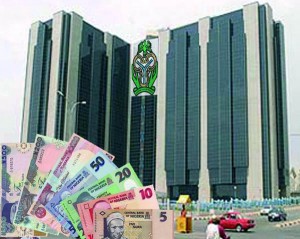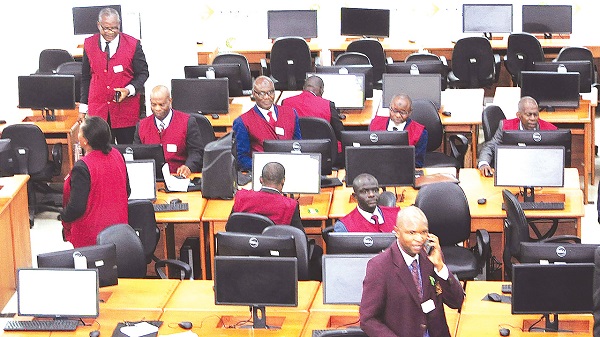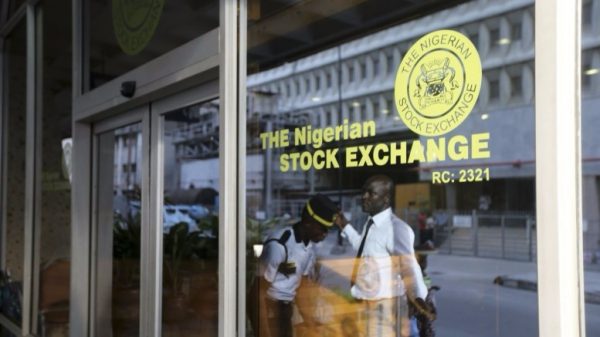Foreign reserves drop to $32.4bn

The nation’s foreign exchange reserves has dropped to $32.43bn, as the Central Bank of Nigeria continued its efforts to prop up the naira, according to data obtained from the bank’s website on Thursday.
The current stock of external reserves indicate a drop of about six per cent from $34.47bn of December 31, 2014.
The CBN on Wednesday closed its official foreign exchange window as part of efforts to preserve the country’s forex reserves.
Analysts at WSTC Financial Services Limited, Olutola Oni and Motunrayo Giwa, in a new report, said the decision would help to check the depletion of the nation’s stock of external reserves.
“This decision clearly underscores our position earlier communicated in our report titled ‘Postponement of reprieve for the markets’ that the CBN will not be able to effectively hold unto its resolve to continue to defend the local currency given the realities in the international crude oil market and consequently the fast depletion of the nation’s stock of foreign reserves.
“We view the decision of the apex bank to scrap the RDAS foreign exchange window as a technical way of re-pricing the value of the naira (a euphemism for devaluation), and this is expected to check the avoidable haemorrhaging of the nation’s stock of external reserves.”
They stated that the re-pricing of the domestic currency was a necessary policy move for the restoration of stability in the financial markets, adding that at the macro level, it represented an effective way of addressing the double jeopardy of low government earnings (on the fiscal side) and high interest rate (on the monetary side).
“Thus, we reckon that the re-pricing will engender stability of both fiscal and monetary policies. It simply implies higher government earnings from crude oil in naira terms and will also give the apex bank the needed room for reducing the monetary policy rate.
“We reckon that the decision of the CBN will ease the mounting pressure on the demand side of the foreign exchange market. We also expect that this will bring reprieve to the declining stock of external reserves. We however note that weak international oil prices; oil theft menace and the current socio-political risks associated with the forthcoming general elections and lingering domestic security challenges remain crucial downside risks to exchange rate stability.”
The analysts expect the re-pricing of the naira to engender a correction of yields on fixed income securities as they believe that this (the re-pricing) will increase asset allocation into fixed income securities by foreign investors.







